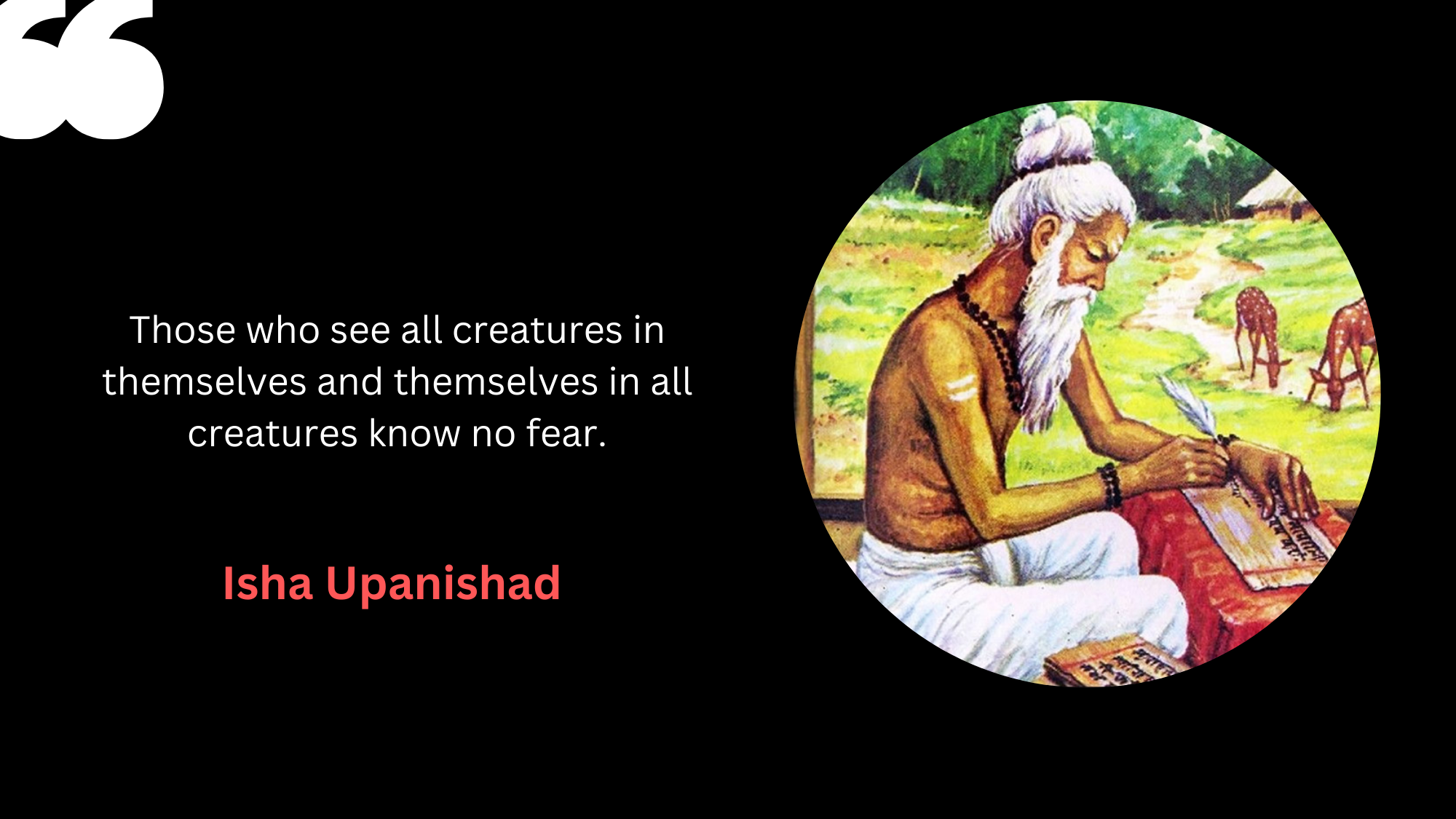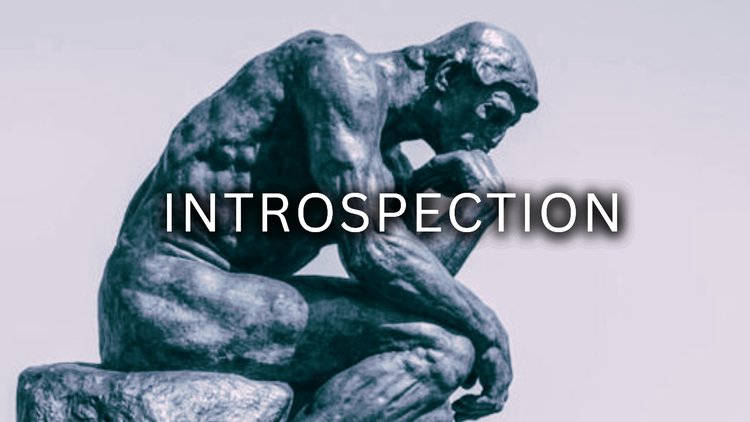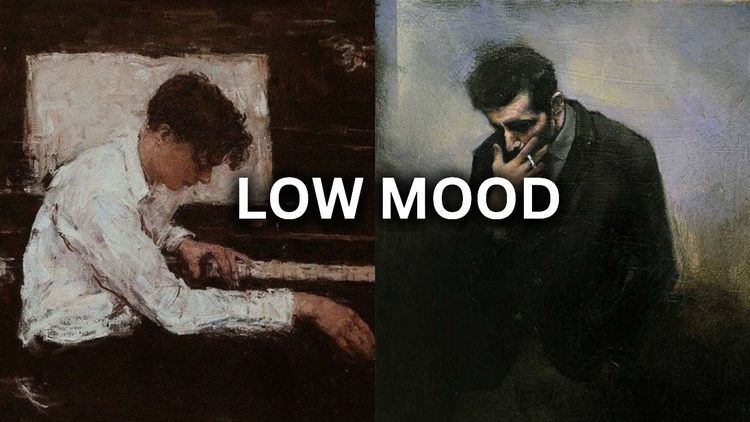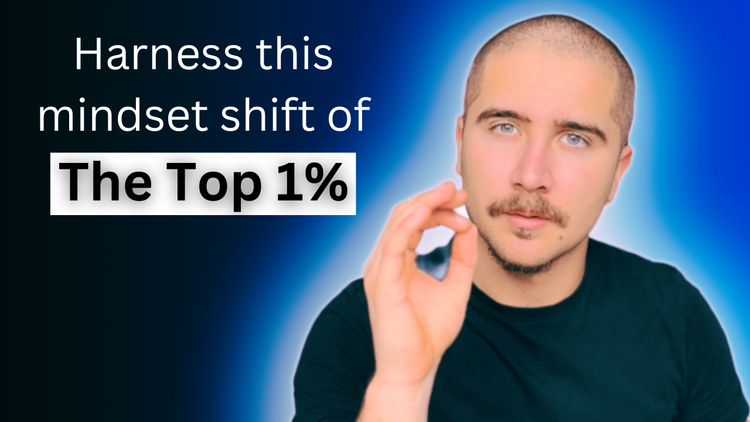How to talk to anyone, anytime, anywhere

Imagine the scenario...
You’re stood in a packed elevator with 5 other people with enough personal space between all of you.
But surprisingly no one is on their phone.
It seems everyone is angling for a conversation, but no one knows where to begin!
So some people grab a handrail, one man busies his eyes with studying the architecture of the elevator and occasionally you catch a glimpse of the woman in front of you as you both smile and look down in awkwardness.
20 seconds of blood curdling awkward silence goes by until the man looking up at the architecture tilts his head back and in a light tone of humour says:
“I wonder why they put mirrors in elevators?”
To which everyone can breathe a sigh of relief!
The conversation has been started!
So for the rest of the 30 second ascent some of you join this lively conversation about the inner workings of an elevator, adding opinions about a topic you've never considered before, but who cares! The awkward silence has been lifted. Give this man a medal.
Go first, go positive and be constant in doing it:
Most people want to be spoken to, flirted with, teased and given the chance to escape their continuous mental chatter and dull existence.
But oftentimes we have no clue how to begin such interactions or, worse yet, we're terrified to do so.
So we remain in silence, stare at our phones and are the first ones to frantically press the button to open the lift.
And it's because of our reluctance to start the interaction that we cherish those few individuals who take it upon themselves to initiate the conversation while they’re standing in an elevator, queuing in line at a cafe or simply passing us by on the street.
Because all it takes is for someone to go first and go positive for us to be invited to reciprocate their social poise back to them.
The Multidisciplinary Approach to Thinking:
Two years ago a friend of mine recommend I read an article.
But little did I know that article would change my life forever.
The article was written by Peter Kaufman, one of the most successful businessmen of our time, and yet few people have ever heard of him. He’s the CEO of Glenair, an aerospace company based in California, and the editor of Poor Charlie’s Almanack, a book about Charlie Munger.
Amongst other things such as leadership, economics and compound interest, Kaufman talks about mirrored reciprocation (where people and animals reflect our behaviour and attitude back to us).
According to Kaufman, every human/animal interaction is based on mirrored reciprocation.
To elaborate, allow me to let you in on a little secret...
When your dog sneaks out into the garden and talks to the neighbour's dog under the fence, do you know what he says?:
“Can you believe how easy it is to manipulate humans and get them to do whatever you want them to do for you?” And the dog next door goes, “I know, it’s a piece of cake.” And your dog says, “Yeah. All you have to do is every single time they come home, you greet them at the door with the biggest unconditional show of attention that they’ve ever gotten in their whole life. And you only have to do it for like fifteen seconds, and then you can go back to doing whatever you were doing before and completely ignore them for the rest of the evening.”
Dogs are masters at mirrored reciprocation.
But back to the world of humans...
How often do you want to be listened to?
How often do you want to be respected?
How often do you want meaning, satisfaction, and fulfilment in your life in the sense that you matter?
You likely answered an affirmative "often" to all of those questions.
Now consider how the dog owner feels after returning home from work to be greeted by her dog...
Do you think this woman feels she’s being paid attention to? And listened to? And respected? Do you think she’s getting meaning, satisfaction, and fulfilment? Do you think she matters to this dog? And do you think she thinks this dog loves her? And what does the dog get in return? Everything.
Don't worry.
Me and Kaufman aren't recommending you act like a dog from now on.
What we're suggesting is if you want to improve your social life and feel respected, cared for and loved, then you must be willing to forget what you want and instead give other people the feeling of being respected, cared for and loved.
Because by the law of mirrored reciprocation, you get what you give.
Again, you must take responsibility for going first, going positive and being constant in doing it.
But most of us don't!
Why?
Because out of the 98% of people who reciprocate our positivity back to us, there's 2% who shoo us away.
And because of loss aversion (a cognitive bias that makes us avoid losing things) we're terrified of that 2%!
But, as Kaufman points out:
"This is why bars are full of people at 2:00 a.m. drowning their sorrows. Knocking down these drinks. “When’s the world going to give me something, man? When am I going to get mine?”
Well, what did you ever do? Did you ever get up in the morning and smile at the world? No. You either did nothing or you scowled and hissed at the world. You’re getting back exactly what you would expect to get back if you understood how the world really works."
So whether it be an attractive person across the bar, your university crush or simply a fellow human waiting for their coffee in your local cafe, here's a quick tip on how to start the interaction with them...
1 hack for starting social interactions:
Give them something to solve.
1.) Notice something in the environment.
2.) Bring it to their attention.
3.) Discuss it.
For example:
*Look up at the sky, see the sun shining.
"The weather is nice today isn't it!"
"Ah, it's lovely. Where are you off to?"
And you're off! The conversation begins.
Then, once you've got some reps in with simple topics such as the weather, get wacky. Get creative.
I once started an interaction like this with a beautiful young woman at a bar after asking her whether the barman had jellyfish or octopuses on his shirt. Suddenly we weren't just two strangers waiting to be served at a bar but two amigos discussing the inner workings of a bartenders shirt. She thoroughly enjoyed it.
Here's a short 1 minute video explaining this in more detail:
Cognitive bias of the week:
(Less is More; The Paradox of Choice):
"Think carefully about what you want before you inspect existing offers. Write down these criteria and stick to them rigidly. Also, realise that you can never make a perfect decision. Aiming for this, given the flood of possibilities, is a form of irrational perfectionism. Instead, learn to love a 'good' choice. Yes, even in terms of life partners. Only the best will do? In this age of unlimited variety, rather the opposite is true; 'good enough' is the new optimum."
- Rolf Dobelli
Quote of the week:

What to expect from the channel over the next week?:
- How to Always Make the Right Decision (a full summary of an awesome book I just finished reading: Decision Time by Laurence Allison)
- How to understand an individual human being (a short video on evolutionary psychology)
- The psychology of the warrior archetype (*insert grinning emoji here)
Videos you might have missed:
Until next week muchachos!
You can share the newsletter here:






